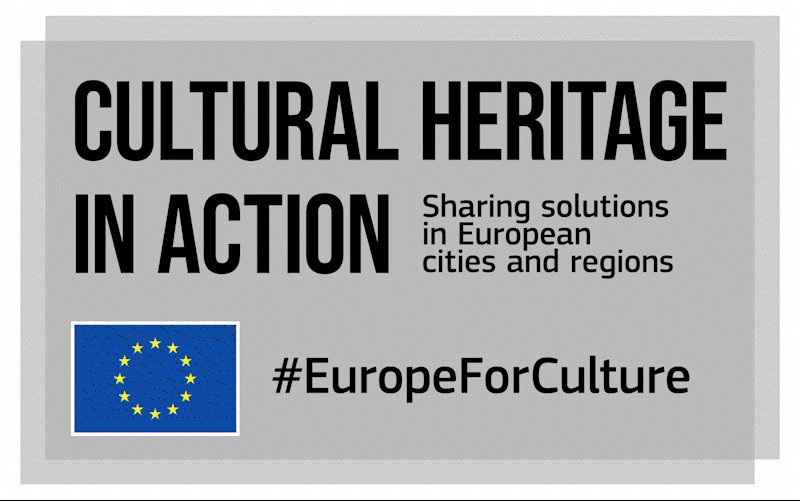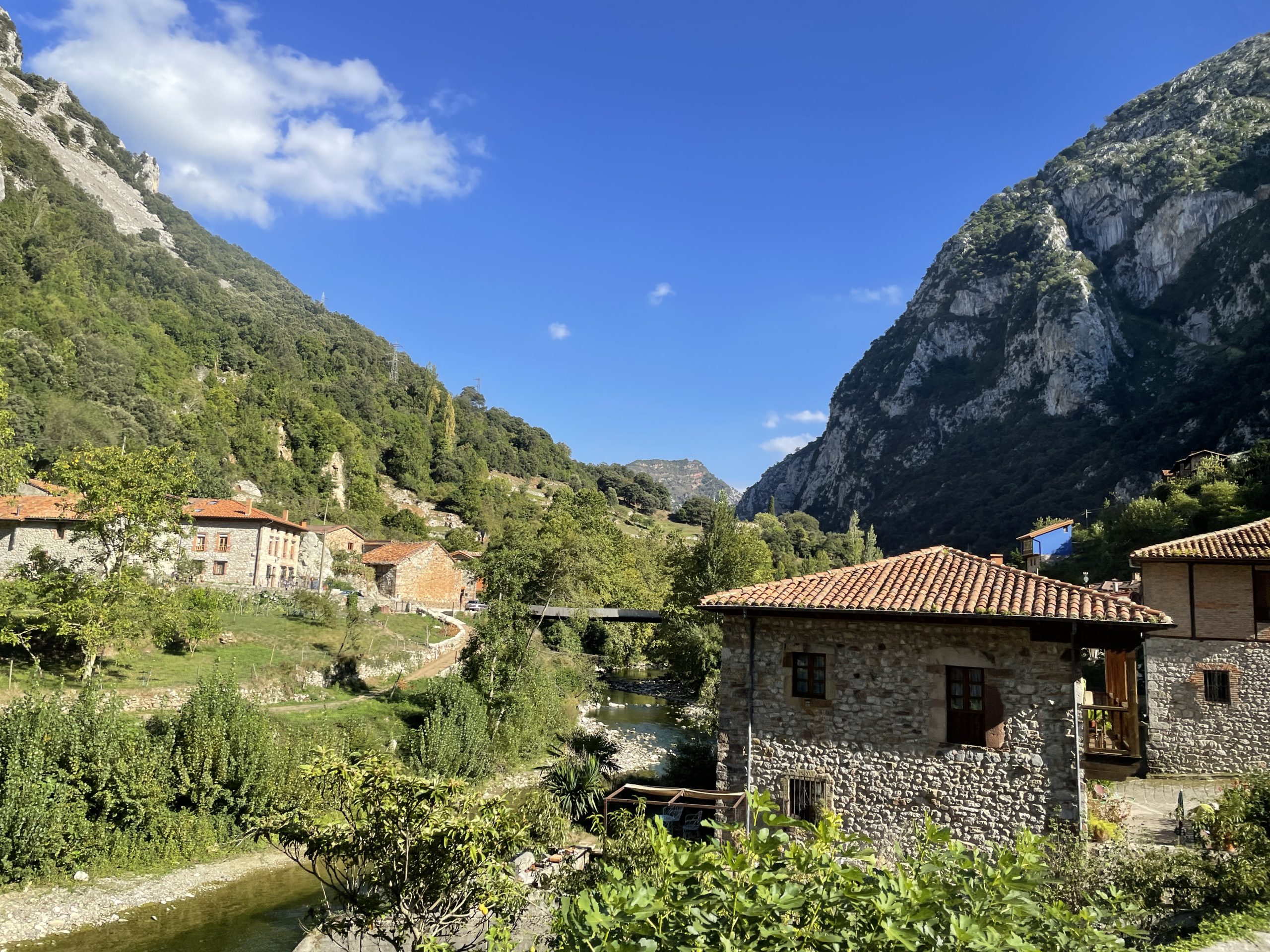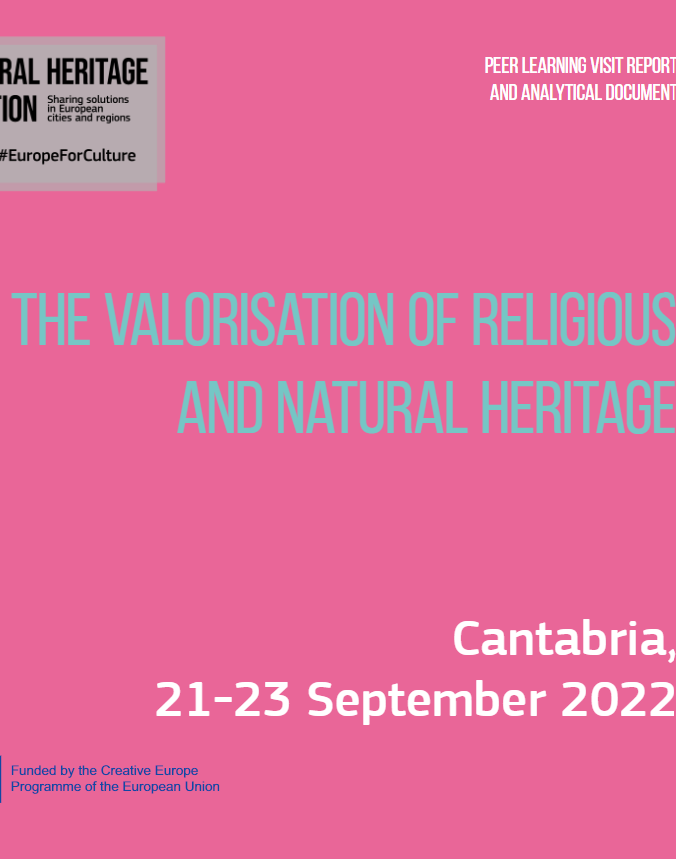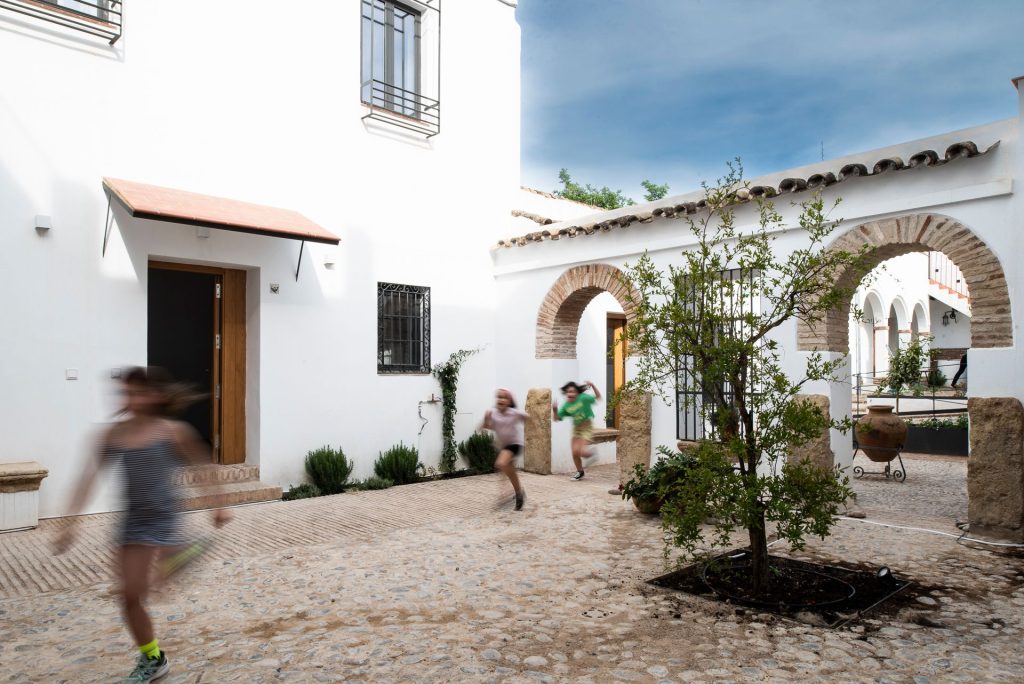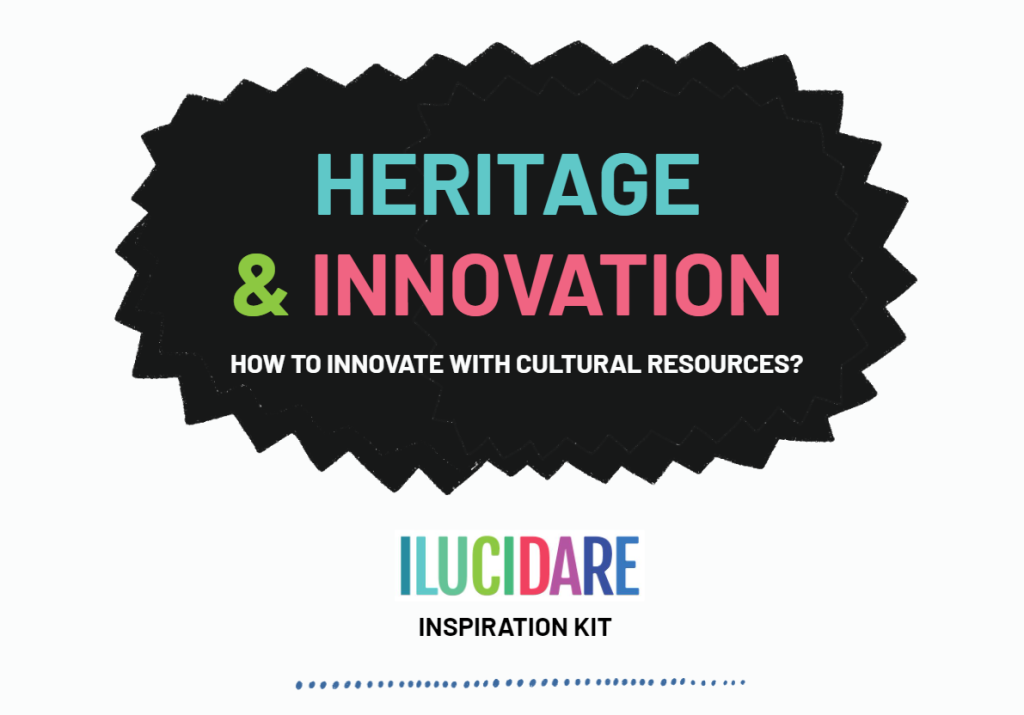Segundo Caso, Mayor of Peñarrubia, Cantabria, Spain
Rural, dispersed and less accessible communities are often not the focus of cultural heritage protection and valorisation policies. With often a decreasing population and reduced services, these areas are confronted with specific challenges linked to urbanisation trends, older demography and agricultural decline. In this context, underlining the opportunities of heritage protection, reuse and valorisation in rural communities is an important statement.
The peer-learning visit to Cantabria was a unique opportunity to address the challenge of managing cultural heritage (notably religious heritage) and natural heritage in one of the most beautiful mountainous regions of Europe with a view to keep a vibrant social and economic life.
Cantabria is an autonomous region of Spain. The population (around 550,000 inhabitants – 1% of Spain total population) is heavily concentrated along the coastal areas north of Spain. One half of Cantabria’s land lies above 600 m high. Its capital, Santander, holds a third of the total population. The rural population like in the Liébana region that hosted the visit tends to be widely scattered, sometimes living in isolated hamlets.
In the past decades, Liébana has been actively working on creating a more coherent regional economy and brand, building on the area’s religious and natural heritage, the good reputation of its regional products (with three appellations of origin) and the growth potential of its agri-food sector. Therefore, the Liébana valley’s stakeholders defined as their objective to consolidate and modernise the economic sectors of the region, to promote the creation and growth of knowledge- and local resource-based companies, and to increase the quality of the touristic offer. This process has been led by the Centro de Estudios Lebaniégos / Liébana Centre of Studies, a knowledge institution, funded by the Region.
Starting from the experience of the Liébana Centre of Studies, the peer-learning visit has led to exploring the following themes and making recommendations transferable to other rural areas in Europe:
- Management of heritage sites, entrepreneurship and job creation
- Community management and engagement
- Education, digitalisation, technology
- Stakeholder networks, ecosystems and funding
